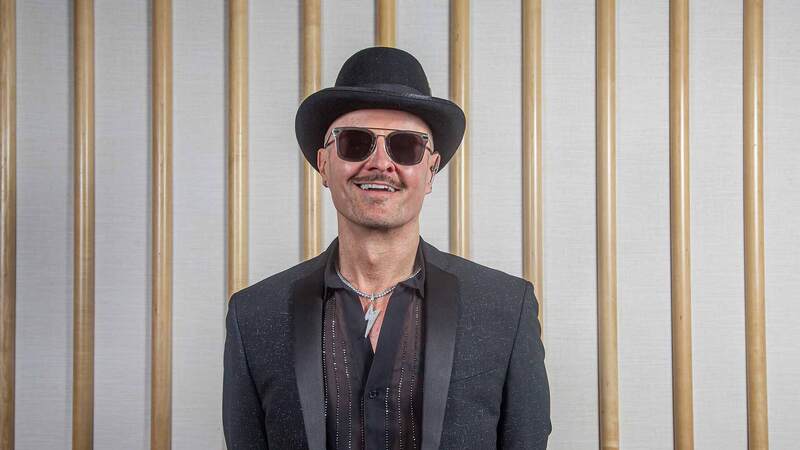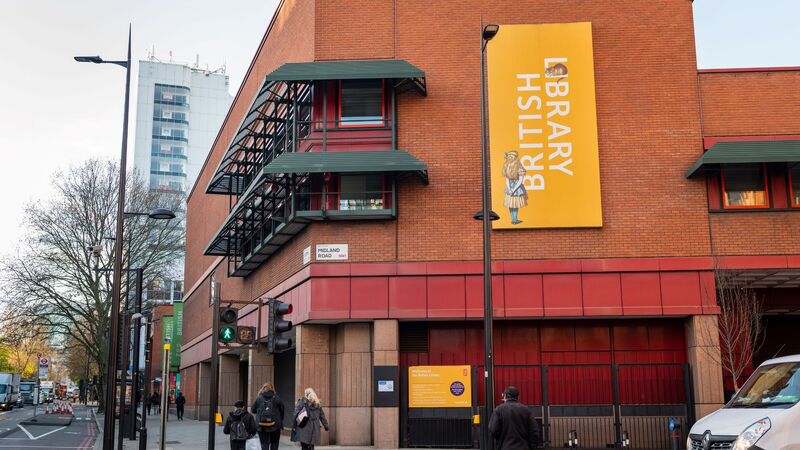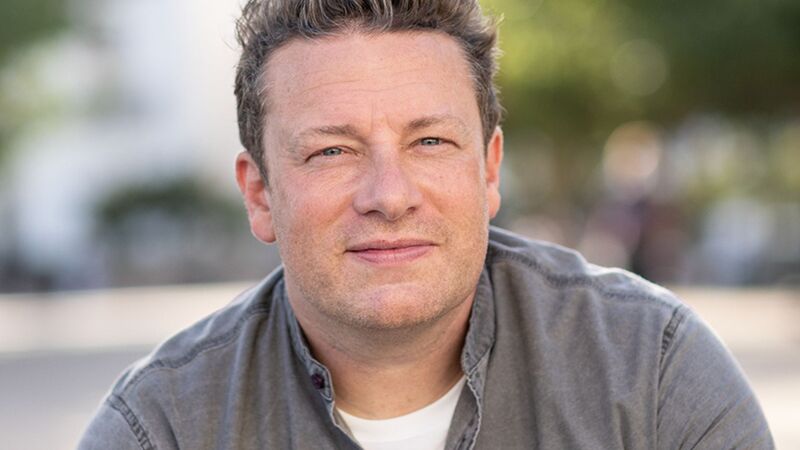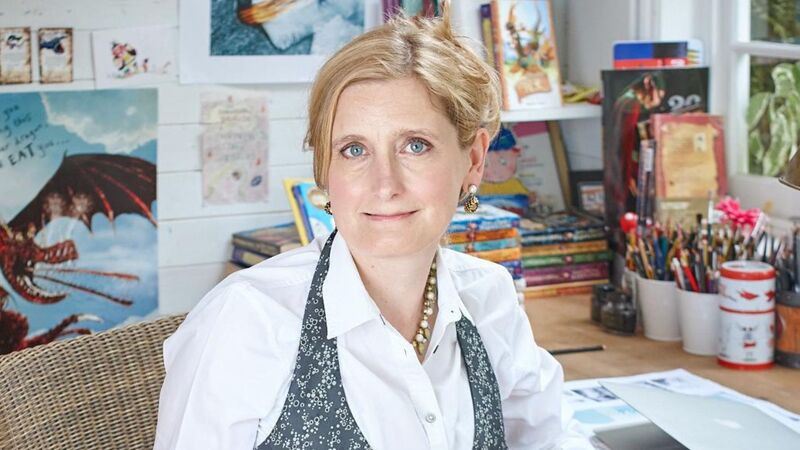You are viewing your 1 free article this month. Login to read more articles.
Headline pre-empts Parfitt's debut about the Caucasus
Headline has pre-empted Moscow-based the Times journalist Tom Parfitt’s exploration of the Caucasus region.
Iain MacGregor, publisher for non fiction, bought world rights to High Caucasus: A Mountain Quest in Russia’s Haunted Hinterland from Patrick Walsh at PEW. It will be published in hardback in the summer of 2023.
The synopsis explains: "High Caucasus opens on 1st September 2004, at the Beslan siege when Chechen and Ingush terrorists took more than 1,000 people captive at celebrations held to mark the first day of the school year. Lasting three days, the siege would reach a bloody climax when two bombs exploded inside the school and Russian commandos stormed the building, sparking a fire in the gymnasium where the captives were held. In the ensuing chaos, 314 hostages, more than half of them children (the youngest two years old), died.
"Never a war correspondent and feeling traumatised by the visceral experience, Tom turned back to his lifelong passion for walking in order to find some peace. Having grown to love the Caucasus, he was equally keen to understand why the mountain peoples there, such as the Chechens, have had such a fraught relationship with their Russian neighbours. Starting from Sochi in the Black Sea, Tom walked a thousand miles through woodland, steppe and high peaks to Derbent, the ancient fortress city on the Caspian, encountering the many ethnic groups that populate the several republics he crossed."
MacGregor said: “[Parfitt's ] work sits in the Venn Diagram of serious narrative and memoir that is inhabited by authors such as Raynor Winn, Nicholas Crane and Robert Macfarlane. His page-turning style educates you, almost without realising, about this seemingly distant part of the world while you enjoy the journey itself.”
Parfitt, a Moscow-based journalist who works for the Times, said: “I am absolutely delighted that I will have the chance to tell the story of my walk, and of the brave, resilient and hospitable people of the North Caucasus who helped me along the way. This is a rich and fascinating corner of Europe that is barely known in the West, despite its huge influence on the Russian imagination from the nineteenth century to the present day.”



















